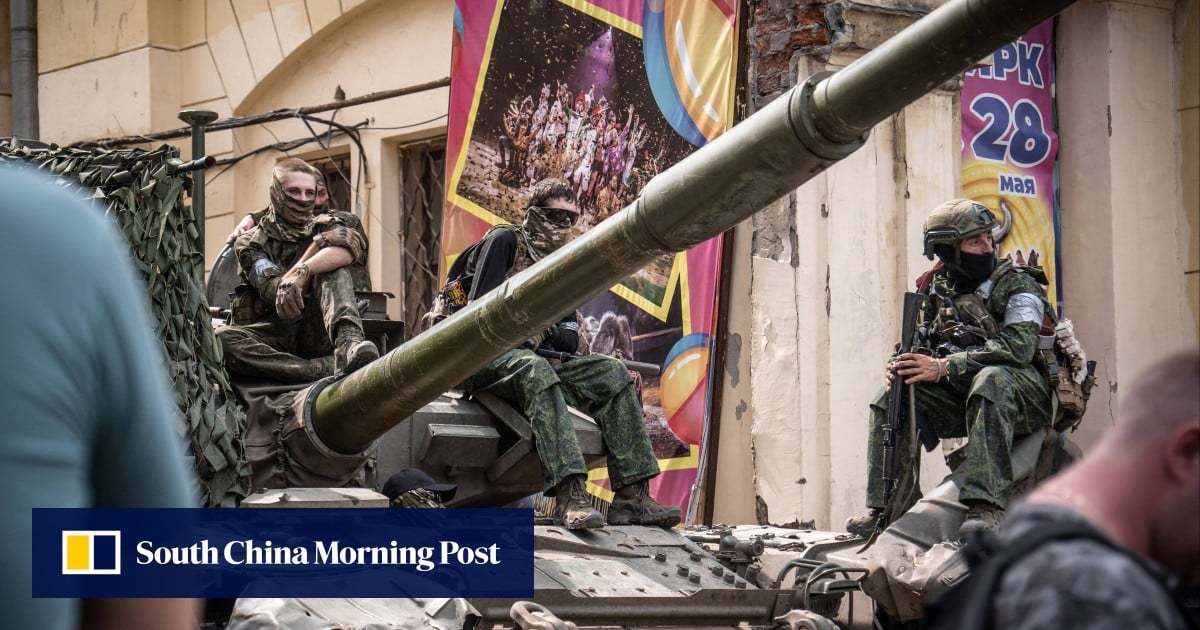
“Let the PRC and President Xi speak for themselves,” Kirby said, adding that the US did not want “any country at all to help Mr. Putin and make it easier for him to kill more Ukrainians”.
Russia is among China’s strongest allies, but Moscow’s invasion of Ukraine in February 2023 has put Beijing in a delicate position.
Even as China has supported its “no-limits” partnership with Russia diplomatically and economically, it has avoided providing significant military support, worried about alienating major European and North American trading partners and attracting secondary sanctions.
On Monday in Beijing, Foreign Ministry spokeswoman Mao Ning said the Wagner group incident was an internal Russian matter.
“China supports Russia in maintaining national stability and achieving development and prosperity,” she said. “And we believe in Russia’s ability to do so.”
On the issue of Aukus, Campbell said there had been strong interest in the security alliance’s growth, but he added that the group’s immediate focus was on integrating its three founding members.
New partners would need to bring something significant to the table, he added. New Zealand, South Korea and France are among those that have expressed interest in joining.
“The key is going to be … what do you bring to the table and are you able to do it in such a way that’s going to be practical and operational,” said Campbell. “This is not just what you receive, but what you bring.”
But democracies are driven by elections and political commitment that can wane over time, with allies not necessarily willing to step forward if a conflict breaks out in the future over Taiwan or another Indo-Pacific hotspot.
Allied militaries would have to follow their political leaders of the day, according to Admiral Mike Gilday, chief of US naval operations, during the panel discussion hosted by the Centre for Strategic and International Studies, a Washington think tank.
“With respect to [military-to-military], we’re ready to go in whatever configuration the political, the governments, are willing to go,” Gilday said. “Whether it’s two or three [countries] we have to be ready to flex and to adjust … Those are directions that we would execute accordingly.”
The lack of communication between the US and Chinese militaries remained a concern, the officials said.
“We will continue to articulate the rationale for why these are important, particularly as our forces increasingly rub up against one another and operate in closer proximity,” said Campbell, adding that China’s reservations were deep and long-standing.
“It is necessary, prudent, and indeed, expected that the United States and China take the necessary steps to have those lines of communication to deal with unexpected circumstances like a spy balloon that makes its way across the United States.”
Additional reporting by Igor Patrick in Washington


